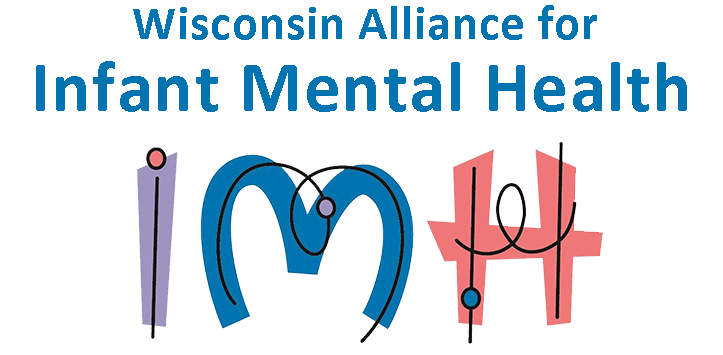WI-AIMH needs your help to #SpeakForWIBabies!
2019 WI-AIMH Advocacy Action Alert
Purpose: Foster bi-partisan support of the social and emotional well-being of infants, young children, and families during the state legislative budgeting process.
Action Steps: Local Action to Create a Statewide Priority
1) Find your elected official
Click on this link.
Type in your address in the search bar in the right hand corner.
Your Representative and Senator’s names will appear.
2) Compare your elected officials with members of the Joint Committee on Finance Members. If your elected official is on Joint Finance, please call or e-mail her/him. You may speak to a staffer and that’s not a bad thing. These folks are often the people who research and help craft public policy. Here are some messages we want you to share:
Tell them who you are, where you live, and what you do to support infants, young children, families, and the workforce that serves them. It’s really important to include your address so they know you’re a constituent who can vote for them…or not.
Let them know why you believe the social and emotional development of children in the context of families, communities, and culture is so important. A specific story or example about kids and families is one of the most powerful ways to convey the importance of this information.
Help them understand why the social and emotional development of children is important.
Between 9.5% and 14.2% of children age birth to 5 experience an emotional or behavioral disturbance, and preschool expulsion rates are more than three times the expulsion rate of students in kindergarten through 12th grade.
In a recent Wisconsin study, challenging behaviors were the number one reason providers cited for expelling children from preschool settings.
Boys, children of color, and children with special needs had even higher rates of early childhood expulsion.
These startling statistics make it clear that very young children can and do have mental health needs.
Let them know that budget decisions related to the needs of children and families is important to you.
Ask them to consider how the state budget prioritizes the needs of our youngest members and their families.
Thank them for their time and commitment to infants, young children, and their families. When building relationships and awareness, it never hurts to assume positive intent.
3) Share this request and these tips with other people who love infants, children, and families. Ask friends, families, and colleagues to call or e-mail their elected officials too.
4) Please e-mail Tina Hogle, at WI-AIMH THogle@wiaimh.org to share your action and what kind of response you received.
Thank you for your support!
Sources:
“Between 9.5% and 14.2% of children age birth to 5 experience an emotional or behavioral disturbance” Estimating the Prevalence of Early Childhood Serious Emotional/Behavioral Disorders: Challenges and Recommendations Cheryl Boydell Brauner, MPHa and Cheryll Bowers Stephens, MD, MBAb Public Health Rep. 2006 May-Jun
“Preschool expulsion rates are more than three times the expulsion rate of students in kindergarten through 12th grade.” Pre-Kindergartners Left Behind: Expulsion Rates in State Pre-kindergarten Programs June 15, 2010 Walter S. Gilliam (Yale University)
“In a recent Wisconsin study, challenging behaviors were the number one reason providers cited for expelling children from preschool settings.” In Brief: Enrollment, Expulsion and Resource Use in Wisconsin Child Care Supporting Families Together January 2017
“Boys, children of color, and children with special needs had even higher rates of early childhood expulsion.” Data Snapshot: School Discipline U.S. Department of Education Office for Civil Rights CIVIL RIGHTS DATA COLLECTION March 2014
“These startling statistics make it clear that very young children can and do have mental health needs.” MEETING THE MENTAL HEALTH NEEDS OF WISCONSIN’S CHILDREN Wisconsin Council on Children and Families May 5, 2016

